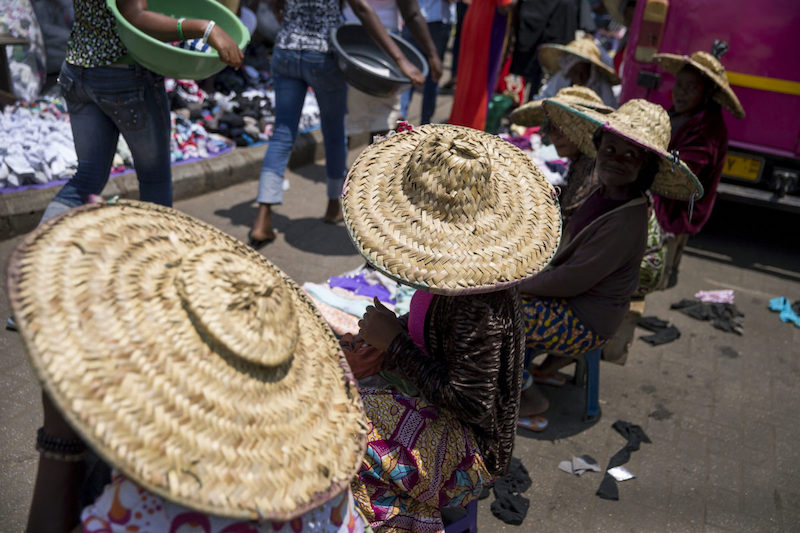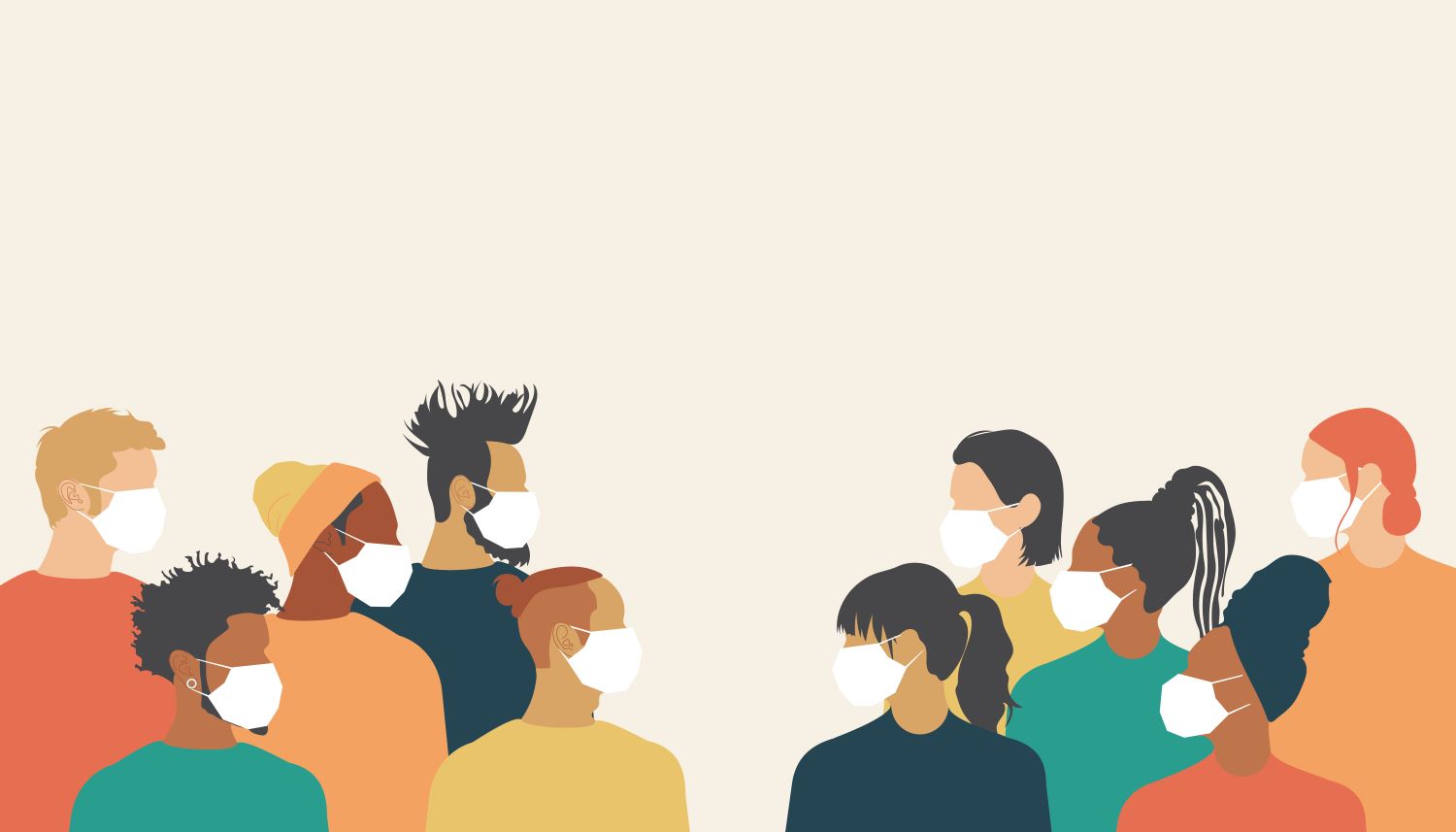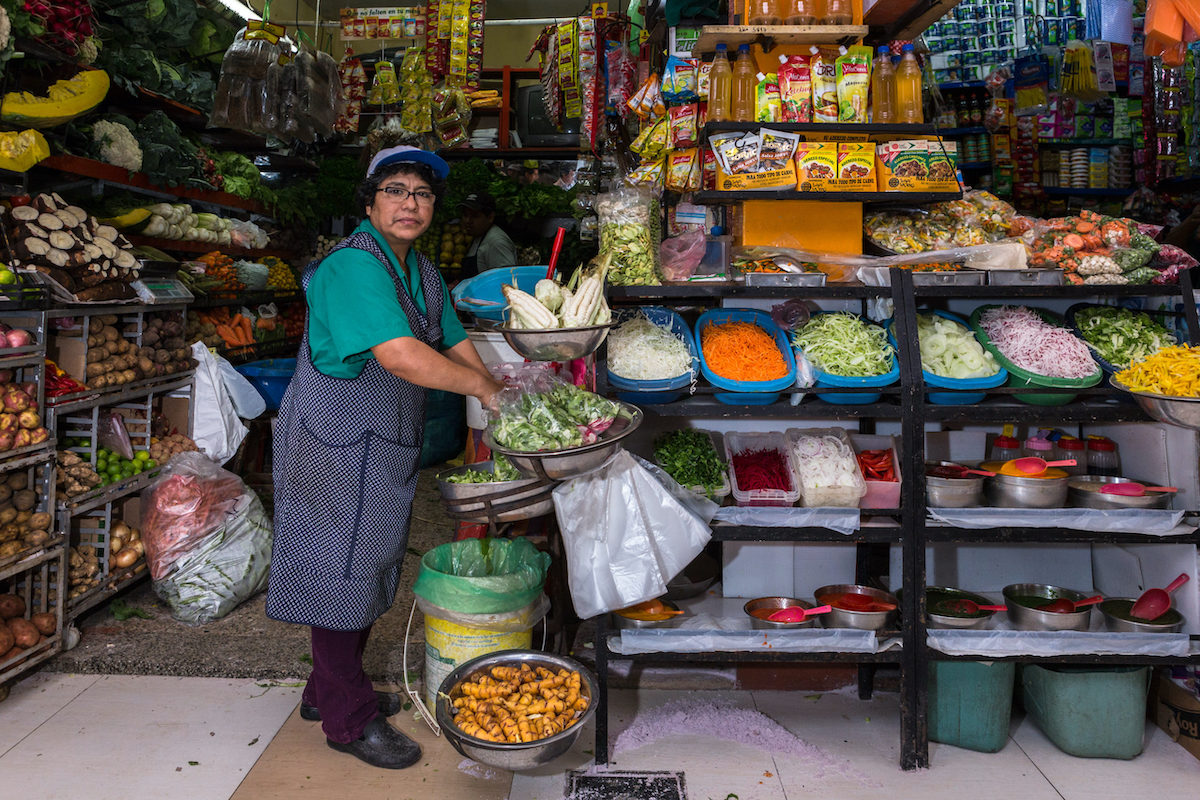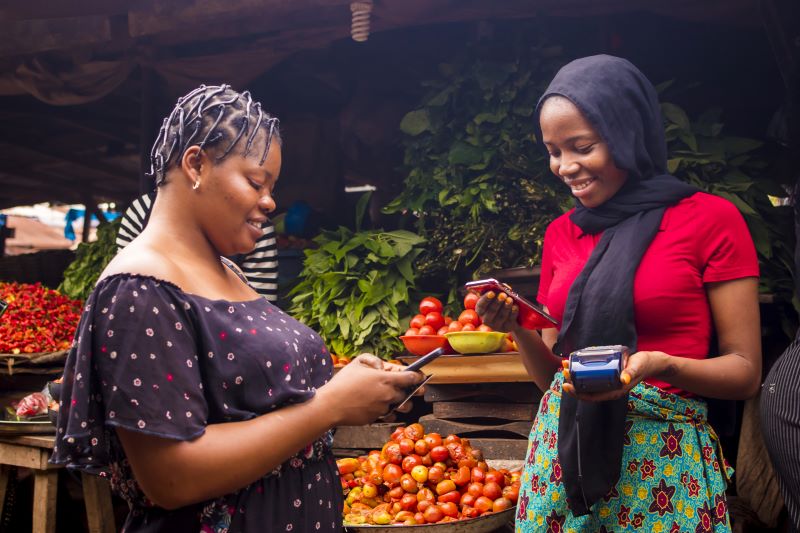Recommended
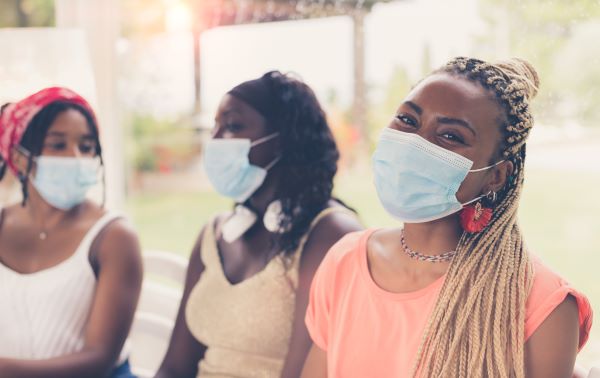
CGD NOTES
This month marks the one-year anniversary of CGD’s COVID-19 Gender and Development Initiative. Through the initiative, my colleagues have produced research, convened dialogues, and developed evidence-based policy proposals, all aimed at contributing to a more inclusive global recovery from the COVID-19 crisis. Their efforts mark an important milestone in CGD’s growing focus on gender equality in international development, positioning our work as both a critical resource for decision makers at international financial institutions, bilateral aid agencies, and elsewhere, and as a lever of accountability for these institutions. Here I look back at the initiative’s findings and influence to date, and preview what’s next.
Looking back: CGD’s COVID-19 Gender and Development Initiative
At the onset of the pandemic, CGD researchers began drawing on evidence from past health and economic crises to make evidence-based predictions about the gendered impacts of COVID-19 and recommendations to ensure women and girls in low- and middle-income countries wouldn’t be left even further behind. Then, in January 2021, with the support of the Bill & Melinda Gates Foundation, Megan O’Donnell and colleagues launched the COVID-19 Gender and Development Initiative. Mayra Buvinic, Charles Kenny, Shelby Bourgault and others working through the initiative began to generate and synthesize evidence on the real-time gendered impacts of COVID-19, analyze the extent to which governments and donor institutions were considering these impacts in their response measures, and identify gaps to ensure an inclusive recovery. The initiative focused on three key areas: women’s economic empowerment, gender-responsive social protection, and addressing the indirect health impacts of the crisis.
Their work has had three overarching findings:
-
Women and girls have borne disproportionate impacts in many areas. Evidence from over 100 countries reveals a pattern of outsized employment and income losses for women, higher rates of business closure for women-owned businesses, increased care burdens for women and girls globally, and skyrocketing rates of domestic violence, exacerbating pre-COVID gender inequalities across these areas.
-
Governments and donors have made efforts to address these gendered impacts but need to do more. CGD analysis of 277 project documents from the World Bank, Asian Development Bank, African Development Bank, and Inter-American Development Bank shows that less than half of COVID-19 response projects have included gender-related indicators or targets. Evidence from the UNDP/UN Women COVID-19 Global Gender Response Tracker shows that of 4,968 COVID response measures across 226 countries and territories, only 32 percent are gender-sensitive. While many donors and policymakers have acknowledged the gendered impacts of the ongoing crisis, more still needs to be done to translate a widespread recognition of the problem into gender-responsive financing and policy as solutions.
-
Investments in “cash, care, and data” are key to an inclusive recovery. Through CGD’s COVID-19-specific analysis and long-running work on women’s economic empowerment, the team identified three priority areas for investment to curtail the gendered effects of the pandemic. “Cash” refers to cash transfers to vulnerable populations, particularly women, as well as broader social protection and support to women-owned businesses and women-dominated sectors. “Care” is about investments that reduce and redistribute women’s unpaid care work, and “data” refers to integrating a gender lens into both COVID-specific measurement tools, as well as broader data systems for development. To date, CGD colleagues have harnessed this three-pronged framework to influence IDA20 replenishment priorities and Generation Equality Forum commitments (see this post from Gates Foundation Gender Equality President Anita Zaidi on how the foundation shaped its $650 million, 5-year commitment around “cash, care, and data”).
Taking stock: Highlights from the 7th Annual Birdsall House Conference on Women
The 7th Annual Birdsall House Conference on Women, held on November 9, 2021, offered an opportunity to take stock of available evidence nearly two years into the pandemic, and to propose solutions for persistent and widening gender gaps in future response and recovery measures. Across three panels, researchers, donors, policymakers, and advocates highlighted these key points:
-
Limited data availability, especially on the gendered impacts of COVID-19 response and recovery measures, remains a challenge. As reflected above, some donor and government response efforts have been gender-informed from the outset: for example, 163 countries implemented policies to address violence against women and girls. It is still unclear, however, how effective these measures have been, as little research has been done on the impact of different policy responses. Few studies analyze governments’ policy response measures to COVID-19 from a gender perspective—and so far with disheartening results.
-
Sustainable funding and a longer-term strategy are needed as we enter the third year of the pandemic. Absent concerted intervention, panelists noted that it is going to take years to return women’s employment and entrepreneurship to pre-COVID-19 levels. Proposed solutions include a Global Social Protection Fund, a World Bank incentive fund to catalyze investments in global childcare, and approaches that can jointly address COVID recovery and other pressing needs, such as climate change mitigation.
-
Emphasis on the need to localize development decision-making and action. Representatives from donor institutions, including FCDO and Global Affairs Canada, are reflecting on how they can adapt their decision-making and funding mechanisms to ensure people in low- and middle-income countries—and especially traditionally marginalized women—are able to inform and increasingly direct the development efforts that impact them. Localization needs to happen across spheres of development work, from data collection and knowledge generation to funding and program implementation.
Looking forward: Future gender work at CGD
In line with the key messages emerging from the Birdsall House Conference, my colleagues will seek to identify the COVID-19 response measures that have been most useful in mitigating the gendered impacts of the crisis as new data becomes available for analysis. As part of this agenda, they will continue to interrogate how increasing and improving investments in “cash, care, and data” can promote a more inclusive recovery and longer-term gender equality in low- and middle-income countries, digging deeper into how donors can integrate these priorities into their operations.
More broadly, the CGD gender team will continue to generate research and policy recommendations, and harness its partnership networks, to influence international financial institutions and donor governments to strengthen their promotion of gender equality. For example, in partnership with Data2X, Mayra Buvinic and Megan O’Donnell will continue to organize the WEE measurement learning collaborative, aimed at convening donors, researchers, and practitioners to deepen collective understanding of rigorous women’s economic empowerment (WEE) measurement methods and improve the ability to track progress over time. Across their gender work, CGD colleagues will seek to act as a bridge between actors in low- and middle-income countries and those holding the power and purse strings at donor institutions, as well as offer practical proposals for increased localization in development.
Finally, in collaboration with CGD colleagues specializing in development finance, social protection, job creation, and other areas, the gender team will seek to ensure CGD outputs inform the decisions of both gender experts and non-gender-focused audiences. On this front, stay tuned for forthcoming publications on migration to support the care sector, how to ensure education systems serve broader gender equality goals, and more.
Note: Thanks to others who worked on the initiative, including Amber Peterman, Alan Gelb, Y-Ling Chi, Carleigh Krubiner, Kelsey Ross, Brian Webster, George Yang, Julia Kaufman, and Abiola Awofeso.
Disclaimer
CGD blog posts reflect the views of the authors, drawing on prior research and experience in their areas of expertise. CGD is a nonpartisan, independent organization and does not take institutional positions.
Image credit for social media/web: Adobe Stock


